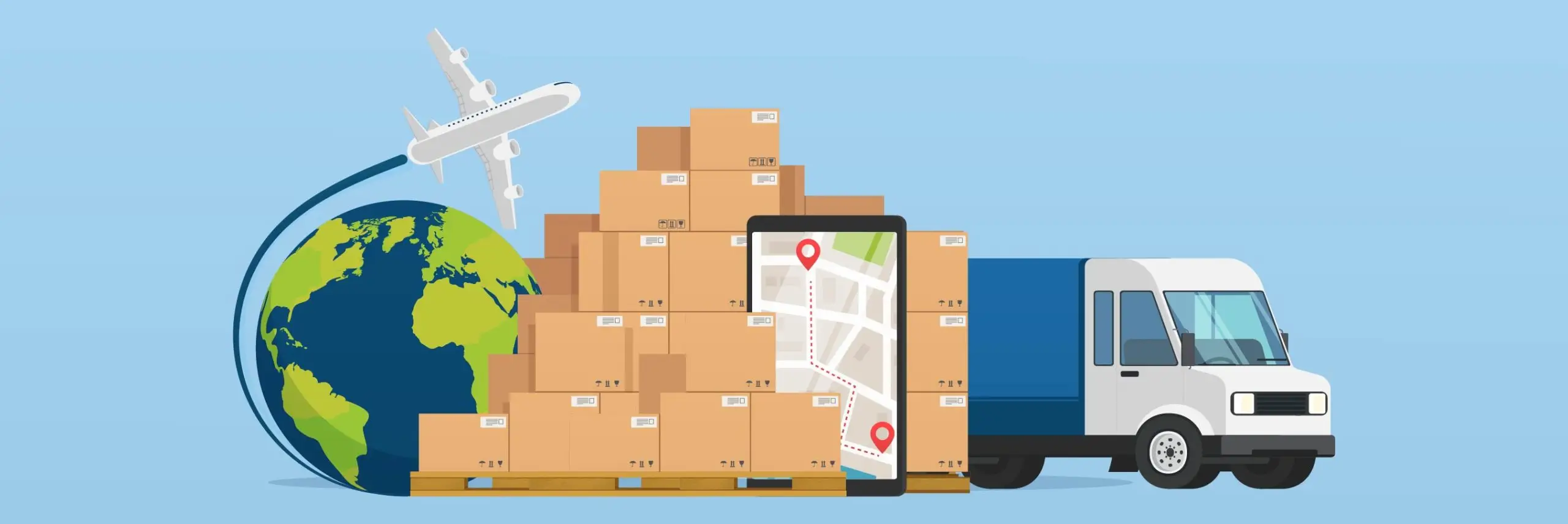
19 Jul Factors causing lack of Visibility in Air Cargo in 2023
According to a recent study, nearly 75 per cent of shippers cite visibility as a primary concern while the industry is in the verge of recovery from the pandemic shock. Before the pandemic, visibility was a major concern for airports and the same was termed as a black hole i.e., once cargo enters the airport cargo complex, then they neither get to track nor informed about the movement. Apparently, this means the industry even after making strides to go digital is still lagging behind, and not leveraging the opportunity. Now, let us take a deep dive on these factors.
Lack of Integration between land side and air side
Air Cargo was lauded in 2020 and 2021 for its role in transporting emergency vaccines and essential supplies to needy countries globally. This was achieved through seamless coordination and cooperation between the stakeholders in the land side and air side. But, as we are recovering, the industry is switching to business as usual i.e., they reportedly are not coordinating with each other to ensure shipments move faster. In order to address this issue, regulatory bodies are now pushing for implementing holistic digital cargo solutions that offers community wide single window access to all stakeholders.
Legacy and standalone systems in play
During the pandemic, forwarders, customs brokers, ground handlers, airlines, and even airports deployed software solutions to smartly manage their operations. Yet, the scope was limited to their specific processes. For example, a ground handler wished to address inaccurate billing and the same was addressed with a cargo management system. Similarly, other stakeholders too availed unique cargo solutions to address these issues, but these cargo solutions were not sufficient as they address specific issues of a particular stakeholder.
Lack of standardized reporting
The use case of a standalone cargo management system is causing trouble in terms of standardized reporting too. For example, European Union mandated ICS2 regulation that would affect all cargo businesses operating in EU countries. This mandate comes with a new set of recommendation, which only a few IT solutions providers will constantly upgrade for the betterment of the stakeholders. The rest will keep following the old reporting system and pay penalties to the regulator.
Think Holistic
As we are heading to an age of digitization, it is essential that the industry thinks holistic and deploy cargo solutions that could address long pending challenges such as visibility. By addressing one, the industry can achieve larger synergies and stay relevant in this fast-transforming world where innovation is key to success. In such a case, a cargo community system will be the ideal fit for the industry. For a futuristic perspective, it is also essential to see cargo community systems that are capable of connecting a corridor between different modes of transport.
